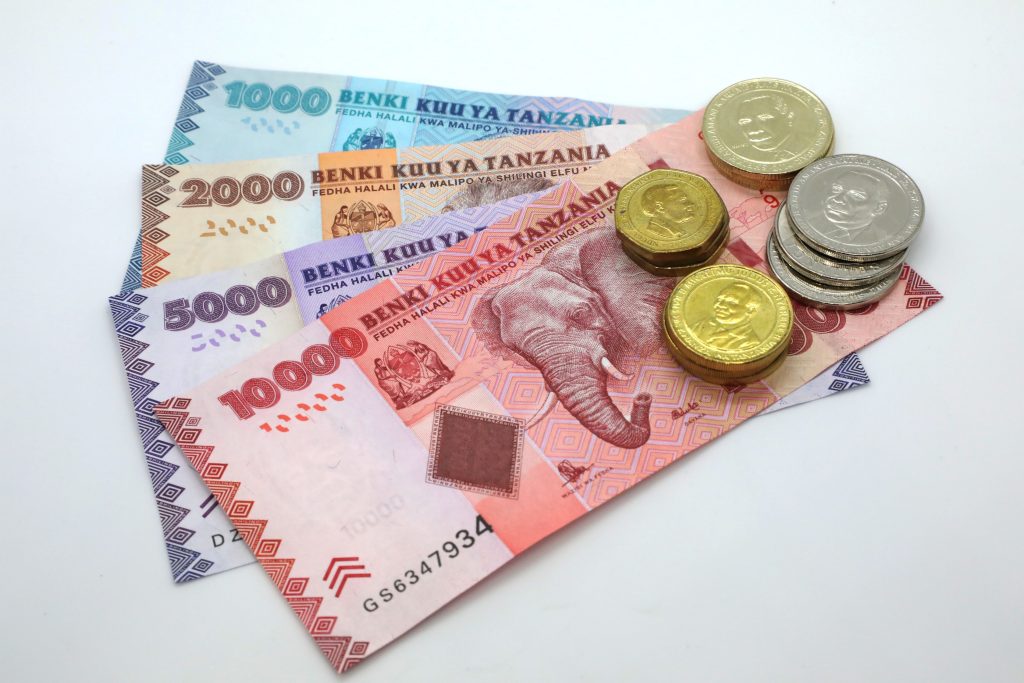In Tanzania, your hard-earned salary is subjected to tax and various deductions. Deductions are skills development levy (3.5%), workers compensation fund (0.6%), NHIF contribution, NSSF or PSSSF. These deductions depend on the sector in which one is working or employed, not only because your salary is taxable. You will also be taxed Pay-As-You-Earn (PAYE), and if you are self-employed or doing business, your income is also subjected to a 30% tax from the government.
Non-resident individuals are taxed at a flat rate of 15% on employment income, a final tax in Tanzania. The little left is what one pockets back home to meet their essential obligations. But due to various forms of manners and our culture, there are other financial obligations we need to take care of.
You will always find yourself in a WhatsApp group that asks for contributions to the marriage of a close friend or relative, a sibling who needs you to send them money for stationery. This distant cousin asked for fare to go and attend a funeral. Apart from this, all you have to care for is your parent or guardian. A part of your income will always have to be sent to them. All these obligations are referred to as a black tax; the term originates from Ubuntu philosophy, which suggests that humans must live in shared relationships. This is similar to the Ujamaa policy that Tanzania adopted in the 1960s that emphasized Tanzanians live as an extended family.
Tanzania’s dependency ratio is about 85.9%. This means that in a group of 100 people, 86 people aged between 0 and 14 years and older adults aged 65 and above depend on only 14 people aged 15 to 64. Hence, these obligations are unavoidable. The youth unemployment rate is around 8.9% in layperson’s terms.
This means out of 10 young men and women, only one is employed or has a stable income. You may ask how these nine buddies make a living. They probably depend on someone, be it a parent, guardian, sibling, friend or relative. Remittance can also be referred to as a form of black tax. The recent World Bank report shows that Tanzania’s Diaspora society sent a remittance of about 791 billion Tshs. This money is drained from their coffers to support family and friends back home.
Read related: From TZS 2.5 Trillion to TZS 791 Billion: Remittance Drop Signals Alert for Tanzania’s Economy.
Development Trap
Black tax is a vicious circle. It’s a prevalent practice for a parent to prepare their children so that they can take care of the family and siblings, making it an unending circle. Saving and investment are crucial to progress; only save or invest the portion of your income after meeting various obligations.
A report by Finscope Tanzania in 2017 showed that five of 10 Tanzania adults struggled to keep up with unexpected and regular expenses, mainly due to poor saving and investment culture. The Africa Development Bank defines the middle class as people earning from $2 to $20 a day in well-secured jobs and a high level of tertiary education.
The rise of the urban population, among other factors, has helped several Tanzanians adopt this status; the black tax keeps most of them in a floating mode that at any time, they can follow into the poverty class, especially those who earn from $2 to $4 are not considered to be stable in this class. It is time we discuss the black tax and address it as a severe challenge that drains the pockets of our ever-hard-working society.
More Should Be Done?
In 2014, the government started a free-fee education policy that was extended to forms five and six in the 2022/23 budget. This has pushed the enrollment of children to schools to a huge number, but various other contributions are required for a child to attend school.
There are gifts for meals that kids take in school and many other indirect expenses, primarily in rural areas where most of Tanzania resides. The burden is always on a few individuals who broke the poverty line and are working in a decent job or have a stable income stream; hence, the government should invest more in education and provide more essential things than free fees.
There is a free health care policy for children under five and older adults, but this policy is not helpful. The pharmacy windows in most of our government dispensaries and hospitals do not have the required medicine at all; hence, your phone is likely to receive a call asking for a bit of money to buy some medicine or to take a laboratory examination elsewhere since the equipment is not available in the government hospital.
Most of us are also a product of the black tax. There is always someone who helped with this and that, but you need to start planning for your finances and eliminate the unnecessary obligations that aim at your income. You have a right to enjoy the fruits of your labour.

